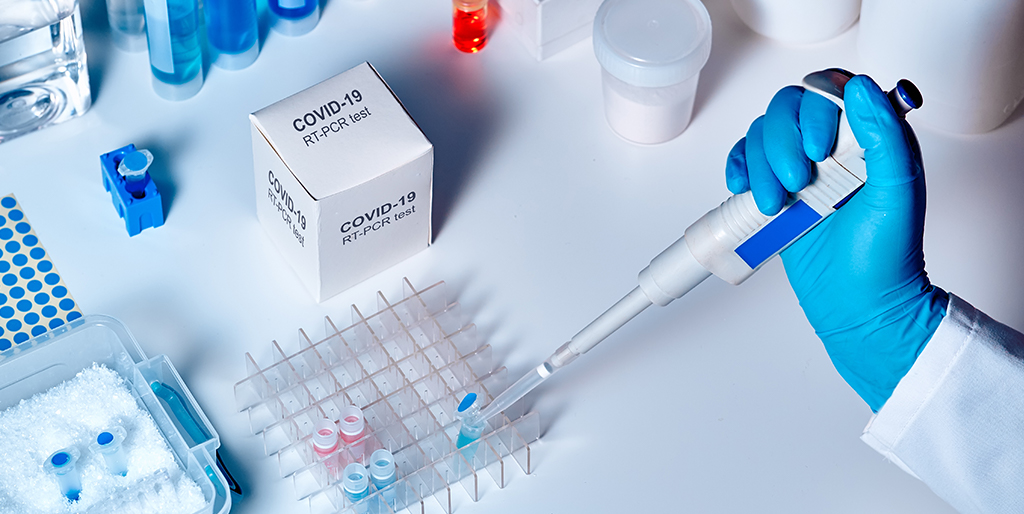The UK to help the world to identify new COVID-19 variants
British High Commission – The UK will offer its world leading genomics expertise to help identify new variants of the virus that cause Covid-19 in countries around the world.
The announcement comes as part of a speech delivered by UK Health Secretary, Matt Hancock at Chatham House. As part of the UK’s Presidency of the G7 this year, the Health Secretary outlined his vision for a stronger, more collaborative and effective global health system, not just in fighting the Covid-19 pandemic, but to ensure the international community is better prepared for future threats.
Countries will be offered UK capacity to analyse new strains of the virus through the launch of the New Variant Assessment Platform which will be led by Public Health England (PHE) working with NHS Test and Trace and academic partners, as well as the World Health Organisation’s SARS-CoV-2 Global Laboratory Working Group. This supports Prime Minister Boris Johnson’s Five Point Plan, as outlined at the United Nations General Assembly last year, to protect humanity from another pandemic through a shared approach to global health security.
In due course, it will be led by the National Institute for Health Protection (NIHP) and will involve PHE laboratories and staff as well as academic partner capabilities.
They will be working directly on samples provided from abroad or will provide expert advice and support remotely where the partner country already has capabilities in this area but requests further assistance. The offer could include training and resources as well as personnel and equipment.
Countries will be able to apply for assistance by contacting the World Health Organisation where an existing channel does not already exist with the UK.
This vital work will combat the spread of coronavirus by identifying more Covid-19 variants around the world to keep the global community one step ahead of any mutations.
Health Secretary Matt Hancock said, “This pandemic has shown that the foundations of so many of the exciting experiences that make life worth living are contingent not just on our health, or the health of our neighbours, but the health of people we’ve never met. When one of us suffers, we all suffer.
“So, we must work to promote health security in every single part of the world. Not only will this Platform help us better understand this virus and how it spreads, but it will also boost global capability in this important field, so we’re all better prepared for whatever lies ahead.”
The UK has carried out more than half of all SARS-CoV-2 genome sequences submitted to the global database, and this capability helped PHE’s scientists identify the variant in Kent, informing new measures to tackle the spread of the virus.
Dr Isabel Oliver, Director of Public Health England’s National Infection Service, said, “We know that the virus will evolve over time and certain mutations could potentially cause the virus to spread faster, make people sicker, or possibly affect how well vaccines work. Genomic testing is crucial to our efforts to control the virus – it allows us to keep an eye on how the virus is changing and to respond before it’s too late.
“This new initiative will bring Public Health England’s cutting edge science to countries that have little or no ability to sequence and analyse Covid-19 virus strains themselves. It will also give us crucial early warning of new variants emerging around the world.”
As the UK holds the presidency of the G7, improving global health security will be a key theme as we encourage countries to work collaboratively both to tackle this pandemic and ensure stronger preparedness for further health threats.
New variants of coronavirus can be threats to the progress made so far with treatments and vaccines, so it is vital that the global community is able to react to them quickly and decisively. The UK’s genomic expertise will guide the global response to controlling their spread and saving lives.



